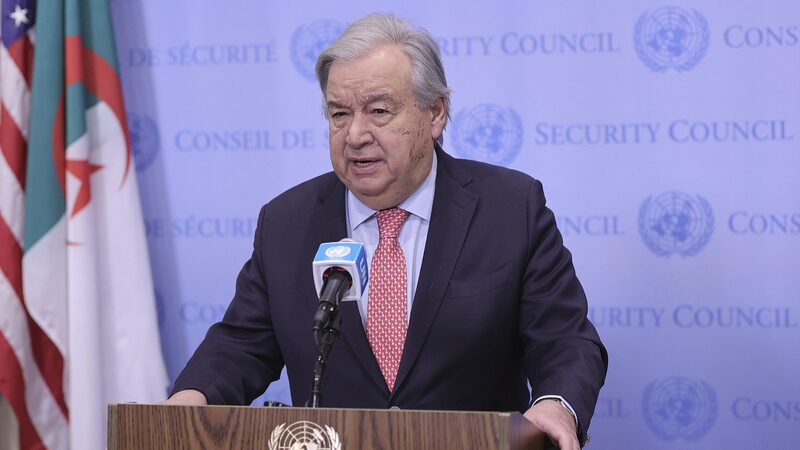Violence is on the rise in South Kivu Province, Democratic Republic of the Congo (DRC), sparking a massive displacement crisis. While hostilities have lessened in Goma City, North Kivu Province, the situation in South Kivu remains dire.
Last Friday, a bombing in the town of Nyabibwe, located about 60 kilometers north of Bukavu—the provincial capital—injured three civilians and damaged crucial power infrastructure. 💥
The surge in clashes is forcing thousands to flee active combat zones towards Bukavu, which is now under threat of a rebel attack from the March 23 Movement (M23) armed group. UN humanitarians are actively assessing the conditions in and around Goma, where hundreds of thousands are still on the move.
Tragically, three NGO workers lost their lives in a Wednesday bombing in North Kivu Province. This attack has led to the suspension of vital food and agriculture assistance in the region.
OCHA estimates that nearly 33,000 people have returned to villages in Nyiragongo Territory, located just northeast of Goma. Meanwhile, the World Health Organization (WHO) reports that many medical facilities in North Kivu have been destroyed in earlier fighting, and those that remain are struggling to operate. Essential services for cancer, diabetes, hypertension, and mental health are being disrupted as medicines run out and health workers are overwhelmed or absent.
The threat of infectious diseases is escalating. Cholera, malaria, measles, meningitis, mpox, and tuberculosis are spreading rapidly. From January 1 to 27, there were nearly 600 suspected cholera cases and 14 deaths reported in North Kivu.
Water supply in Goma has been partially restored in some areas, but many residents still rely on water from Lake Kivu, increasing the risk of cholera outbreaks. 🦠
In response, WHO has deployed emergency medical supplies, hygiene and water treatment kits, and tents to expand hospital capacity by 1,000 beds. However, these supplies are depleting quickly, and more resources are urgently needed to address the growing crisis.
Reference(s):
cgtn.com




